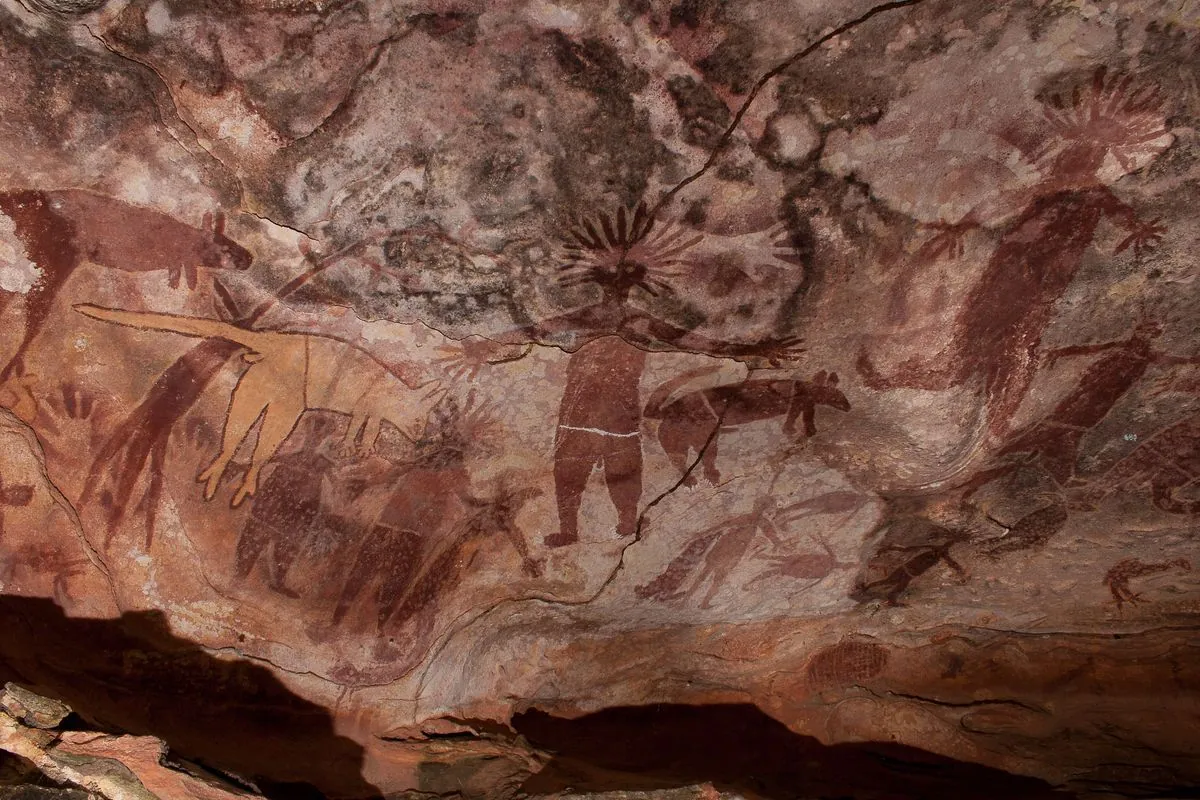In recent months, Australia has been navigating the complex terrain of balancing its lucrative mining industry with the protection of Aboriginal heritage sites. This delicate equilibrium has been thrust into the spotlight following a series of government decisions that have prioritized Indigenous cultural preservation over mining interests.
In August 2024, Environment Minister Tanya Plibersek made a landmark decision, ordering Regis Resources to relocate a dam site for its A$1 billion gold project. This action, taken under Section 10 of the Aboriginal and Torres Strait Islander Heritage Protection Act 1984, was prompted by concerns that the original location would irreparably damage culturally significant areas.
This decision has sent ripples through the mining industry, with many expressing concerns about increased sovereign risk. Warren Pearce, CEO of the Association of Mining and Exploration Companies, highlighted the uncertainty this creates for developers who have obtained all necessary approvals, only to face potential project-ending decisions at the eleventh hour.
The government's stance comes in the wake of the 2020 Juukan Gorge incident, where Rio Tinto legally destroyed ancient Aboriginal rock shelters, sparking global outrage and leading to significant changes in the company's leadership. This event has accelerated the urgency for overhauling heritage protection laws in Australia.
Currently, at least three other resources projects are under review using the same legal mechanism that affected Regis Resources. These include Bellevue Gold's plan to dig under a desert lake and Woodside's Scarborough natural gas project, which is situated in a region rich with ancient rock art nominated for UNESCO World Heritage listing.
The mining industry's concerns are compounded by the fact that new heritage protection laws, which could provide clearer guidelines, have yet to materialize. This delay leaves the sector relying on a patchwork of outdated state legislation at a time when Australia is positioning itself as a supplier of ethically sourced metals.
"And no one has the right to destroy this."
The government's actions have been interpreted by some as a political maneuver to appeal to certain voter groups, particularly in light of the failed 2023 referendum that sought to give Indigenous Australians special recognition in the constitution. Scott Franks, a Wonnarua man, expressed skepticism about the government's motives, suggesting it was an attempt to "make itself look good" after the referendum's failure.
In response to these challenges, the Responsible Investment Association Australasia, representing 75% of the country's institutional investors, has developed best practice guidelines for miners engaging with Indigenous groups. These recommendations include adhering to the principle of free, prior, and informed consent that can be withdrawn at any time.
As Australia approaches its 2025 federal election, the government faces the challenge of crafting policies that satisfy both the mining industry's need for certainty and the growing public demand for stronger protection of Aboriginal heritage. The outcome of this balancing act will likely have significant implications for both the country's economic future and its relationship with its First Nations peoples.
